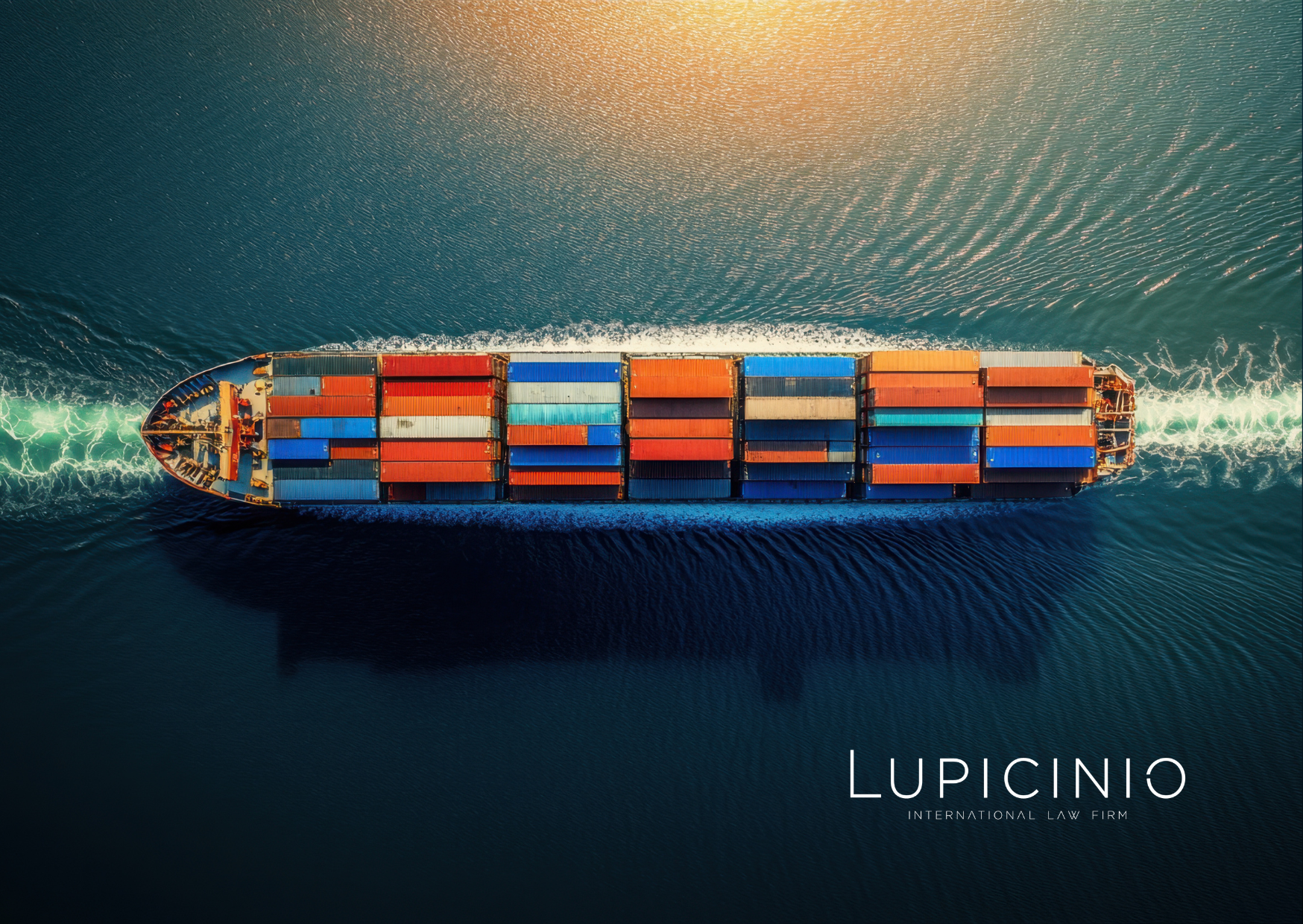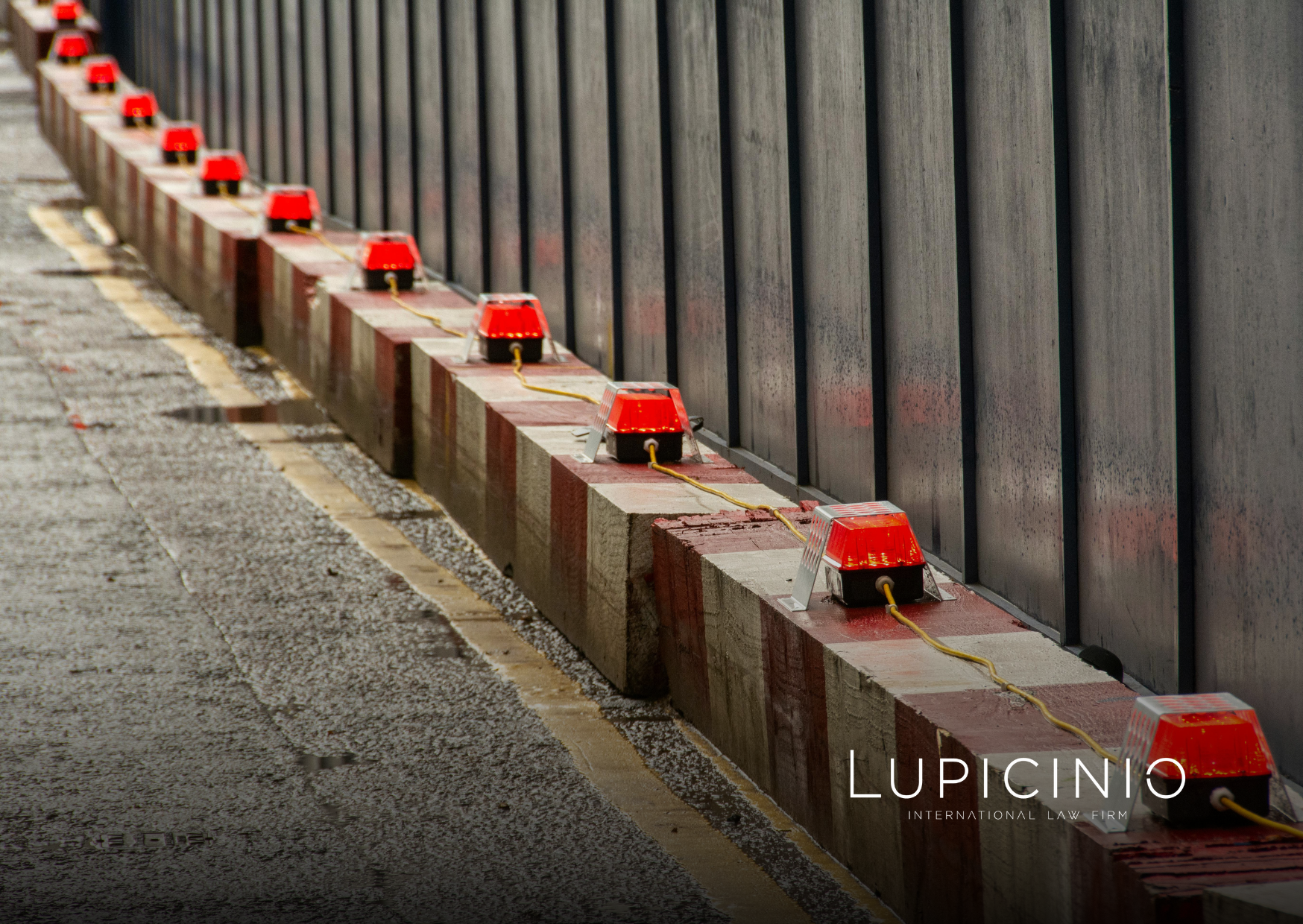As promised in my previous Newsletter no. 5 on “The Universality of Arbitration”, it is time, as the year 2021 draws to a close, to analyse the situation of civil and commercial mediation in its two aspects.
With regard to DOMESTIC MEDIATION, we are at a time of great expectations, conditioned by the path followed by the reform process initiated by the previous Government and the Minister of Justice, Rafael Catalá, who had approved, on 14 January 2019, a “Preliminary draft bill for the promotion of mediation”.
In fact, the new government, led by the Minister of Justice, José Manuel Campo, had launched a much more ambitious proposal, a “Draft Bill on Procedural and Technological Measures and the Implementation of Means of Dispute Settlement”, submitted for public consultation in June 2020, where ‘mediation’ was subsumed in a new scheme of ‘reform of Justice’.
Only months later, on 15 December 2020, the Council of Ministers approved a “Draft Bill on Procedural Efficiency Measures for the Public Justice Service”, which was subject to the Hearing and Public Information procedures as of March 2021, as well as the exhaustive, and rather critical, Opinion of the General Council of the Judiciary of last June, which foresaw future confrontations on the text that will finally be sent to Parliament. For the time being, it is 144 pages long, including a 28-page Explanatory Memorandum; 20 articles that modify numerous Laws (‘Criminal Procedure’, ‘Civil Procedure’,’Contentious-Administrative Jurisdiction’, ‘Social Jurisdiction’, and ‘Use of Information and Communication Technologies in the Administration of Justice’); and 4 Final Provisions amending other Laws (‘Free Legal Aid’, ‘Mediation in Civil and Commercial Matters’ and ‘Workers’
The short text of a few pages of 2019, which wanted to move towards a mitigated obligation of mediation, following the successful “Italian model of Law 2594/2004”, has definitely been left behind, to embark on a global reform, which reminds us of other ambitious challenges such as the “Loi française 2006/1547 de 18 novembre, de Modernisation de la Justice du Siècle XXI”.
As I develop more extensively in a paper to be published in the forthcoming issue no. 10 of the journal “La Ley. Mediation and Arbitration”, directed by Professor Jose Carlos Fernández Rozas, the complex change introduced leads us to wonder whether the sad adage that ‘the best is the enemy of the good’ will not become true this time too.
The unexpected departure in June 2021 of the experienced Minister Campo, and the arrival of the former President of the Senate, Pilar Llop, marked a stagnation in the process, which would begin to be overcome. Indeed, in mid-December, the Draft Bill has just entered the Council of State, although many, including this writer, doubt that the corresponding Opinion can be issued within the usual two months, given the complexity of the text described above.
The Government rightly reiterates, time and again, that the COVID-19 pandemic that we continue to suffer has seriously aggravated the historic collapse of our Courts, with delays that continue to increase to limits that could be described as unbearable. In the face of this crisis, it is essential to be able to resort to mediation, and other ADRs, to resolve conflicts, which are always in crescendo, without calling into question the sacrosanct right to effective judicial protection, which is enshrined in our Constitution.
However, in principle, a long and complex parliamentary process is still pending before we can see the much-needed measures to support alternative methods approved in our country, which could bring us to a level at least similar to that existing in other neighbouring countries, which are also fighting for an urgent modernisation of the justice system.
As an enemy of the prospective as I am, I cannot deny that everything points to the fact that we will not be able to have the new Law during the current Legislature, which will force us to continue waiting for the promised reforms, capable of improving the functioning of our judicial institutions.
Let us now turn to the main developments in the field of INTERNATIONAL MEDIATION.
I think the main step forward could come from the “United Nations Convention on International Settlement Agreements resulting from Mediation”, today known to all as the ‘Singapore Convention’.
This text was given a magnificent start by UNCITRAL and the countries that had become most involved in order to fill the main gap that was limiting the expansive possibilities of international commercial mediation, the difficult enforcement of mediated settlement agreements (MSAs). It was decided to imitate what the 1958 New York Convention had done with ‘the awards’ for the benefit of Arbitration, by providing them with a formula that guaranteed their cross-border enforcement in any of the signatory countries of the aforementioned text, now more than 160.
At the end of the Singapore Conference on 7 August 2019, 46 states signed the text, including ‘trading powers’ such as the United States, China, Japan, India, South Korea and Malaysia, a real milestone compared to the timid beginnings of other UN Conventions on trade issues. It is true that there were significant absences among the 70 attendees, such as Spain and several other EU member states. The Commission itself, however, had been actively involved in the negotiations.
The undoubted initial success invited optimism for the future. The preamble to the Convention stated that “mediation brings important benefits, such as reducing the number of cases in which a dispute leads to the termination of a commercial relationship, facilitating the administration of international transactions by commercial parties and producing savings in the administration of justice by States”.
The three ratifications – Singapore, Fiji and Qatar – were immediately counted, marking the start of the 6-month period for entry into force, which took place on 12 September 2020, followed by those of Saudi Arabia, Ecuador, Belarus, and Honduras, bringing the current number to seven.
The number of ‘signatories’ has also been increasing, now 55, including Australia, whose official communiqué of 21 October 2021 explaining the decision, highlighted as key reasons that ‘Seven of Australia’s ten largest trading partners have already signed’, and ‘the Australia’s support for enhanced simplicity, certainty and autonomy for parties in commercial disputes’.
In the United States, the Convention is expected to be sent to the Senate for ratification, but it is true that the new Administration has yet to make a clear statement on the matter. In any case, there is strong pressure from the legal world, and the American Bar Association is insisting on the rapid entry into force of the Convention in the United States. Thus, on 27 February, ‘the ABA House of Delegates urged all nations, including the United States, to accede to and implement the Singapore Mediation Convention’. More recently, on 5 October, ABA President Reginald M. Turner wrote to Secretary of State Blinken in this regard and reiterated that ´ratifying the treaty will help facilitate international trade by increasing the parties’ confidence that their settlements agreements can be easily enforced´.
This American waiting period may be due to the need for prior ratification by its main competitor, China, which, in any case, is clearly committed to this new instrument. Already at the inaugural conference of the Belt and Road Forum for International Cooperation, held on 14 May 2017 to promote the Silk Road, President Xi Jinping defended ‘an equitable and transparent system of International Trade and the global promotion of mediation in the spirit of justice.
In the case of the European Union, there is still a clear reluctance that responds to reasons, more theoretical than practical, linked to the principle of the primacy of European law, in this case represented by the European Directive on Mediation, 2008/52/EC, which has certainly not achieved the expected success. This reality is preventing us from having a clear pronouncement on the competences of the Union and its Member States in the field of international commercial mediation. For many, its recognition as an ‘exclusive competence’ of the Union would be undeniable, excluding any pronouncement on the matter by the Member States, which would be the case if it were considered a ‘shared competence’.
It would consider such an exclusion to be contrary to the EU’s trade interests and would cause serious damage to each and every Member State. Indeed, the above-mentioned Directive does not in any way benefit European trade to the many important third states, which would be left out of the meritorious process initiated in Singapore.
I was therefore pleased to read a paper by the Dutch lawyer and mediator Henneke Brink, “The Singapore Convention on Mediation – Where’s Europe”, (“Mediate. Com” March 2021). Without denying the legal difficulties that the text poses to European law, and even to some national laws such as her own, she insists that the different Reservations foreseen for the signatories would make it possible to overcome them, to the point of concluding that “The EU’s acceding to the Singapore Convention would be a commendable and sensible step, and, in any case, one that deserves more serious consideration and transparent debate”, a recommendation that is undoubtedly very applicable to Spain, where, unfortunately, the issue is not being sufficiently analysed by the ministries concerned, nor even by the specialised doctrine.
Written by: Javier Jiménez Ugarte, Ex-Ambassador of Spain, Of Counsel LILF
For More Information:
Lupicinio International Law Firm
C/ Villanueva 29
28001 Madrid
T: +34 91 436 00 90
info@lupicinio.com







